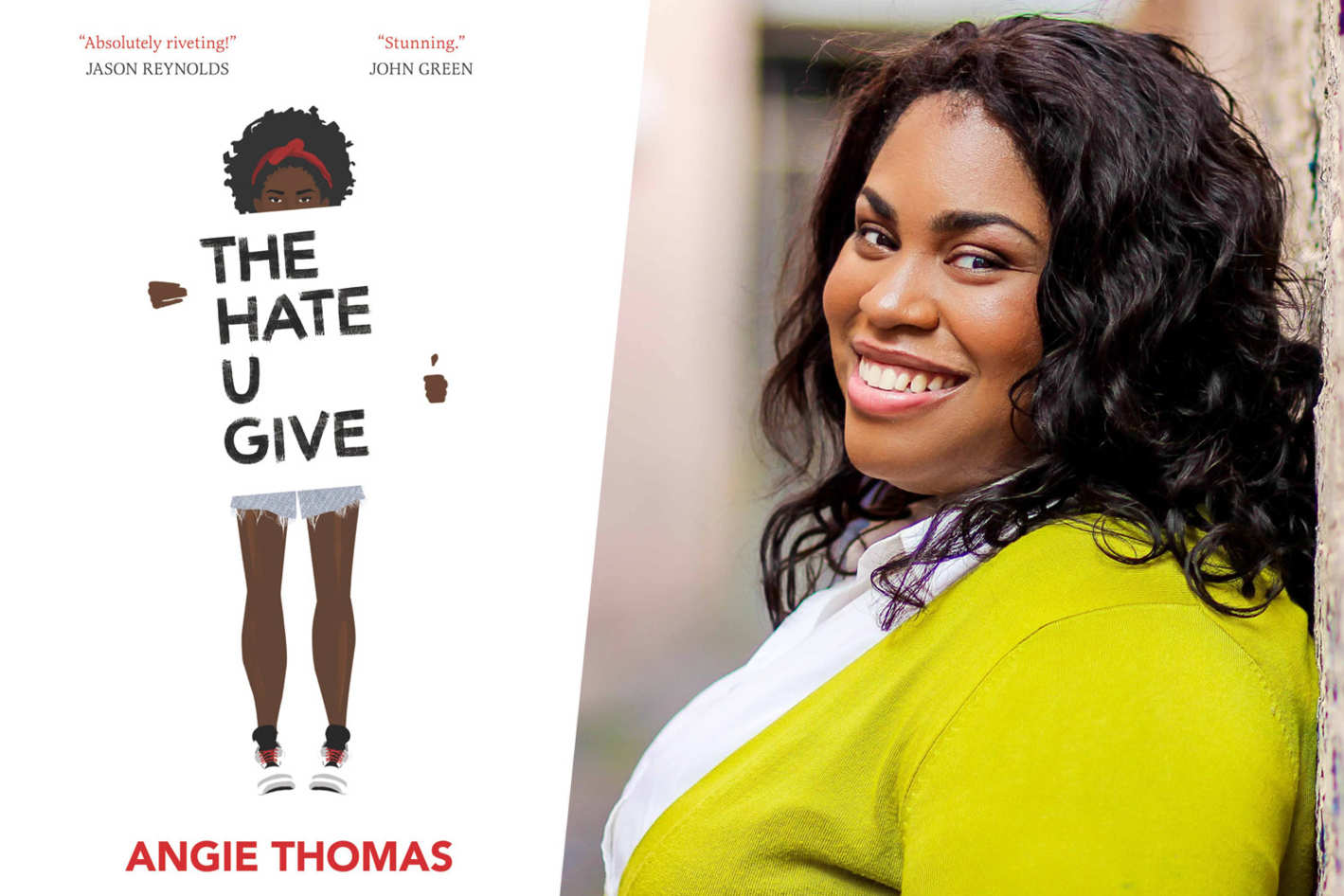By Jody Callahan
The Commercial Appeal, Memphis, Tenn.
WWR Article Summary (tl;dr) Angie Thomas, the author of the young-adult novel “The Hate U Give,” recently spoke to a group of young women about her struggles growing up in a poor black neighborhood in Jackson, and what it was like to leave there for the largely white Belhaven University just a few miles away. She was the only black student in her creative writing class, she said, and sometimes that was uncomfortable.
The Commercial Appeal, Memphis, Tenn.
An author whose first book shot to the top of the bestseller charts earlier this year spent about an hour in Memphis Thursday encouraging young women, particularly young black women, to find their voices and tell their stories.
Angie Thomas, a native of Jackson, Mississippi, is the author of the young-adult novel “The Hate U Give,” a story about a young black girl who sees her best friend shot to death by a police officer. The book was released to mostly glowing reviews on Feb. 28 by an imprint of HarperCollins. The movie rights to the book have also been sold, Thomas said, with “Hunger Games” actress Amandla Stenberg attached to star.
Thomas spoke at the Lester Community Center in Binghamton Thursday afternoon at the invitation of the Junior League of Memphis. The organization hosts a bi-weekly program at Lester and other community centers that features an evening meal as well as activities for adults, teens and children, Junior League member Robin Casey said. The Junior League also bought about 50 copies of the book to give to those attending the event Thursday.
“I brought her here because of the struggle of this (Binghamton) community,” said Casey, who first discovered Thomas and her novel through social media. “I thought her work was applicable to this community.”
Thomas told the 40 or so present about her struggles growing up in a poor black neighborhood in Jackson, and what it was like to leave there for the largely white Belhaven University just a few miles away. She was the only black student in her creative writing class, she said, and sometimes that was uncomfortable.
“All of a sudden the (reputation of) the entire Negro race was on your black,” she recalled Thursday. “You’ve got to fight the stereotypes. You never want to be the angry black girl, the ghetto black girl.”
Thomas said writing was always her escape, her way to deal with her struggles. Once, at a party, she picked out a gag gift from a selection of presents. Inside was a prescription drug book and a water gun, Thomas said. That provoked an unkind, stereotypical remark from a white student that really angered her, Thomas recalled.
“I went home and I wrote. I wrote the short story that became that book y’all are holding,” she said, then added later: “My biggest hope is that young ladies like y’all find that your voices matter.”
One of those young ladies was entranced by both the author and her book. Allahrah Muhammad, 16, had already read about a third of the book, after just getting it Thursday morning.
“What I get from the book is the voice part,” said Muhammad, who figured she’d have the entire book read by Friday, at the latest. “I can relate to the things she’s described.”














































































































































































































































































































































































